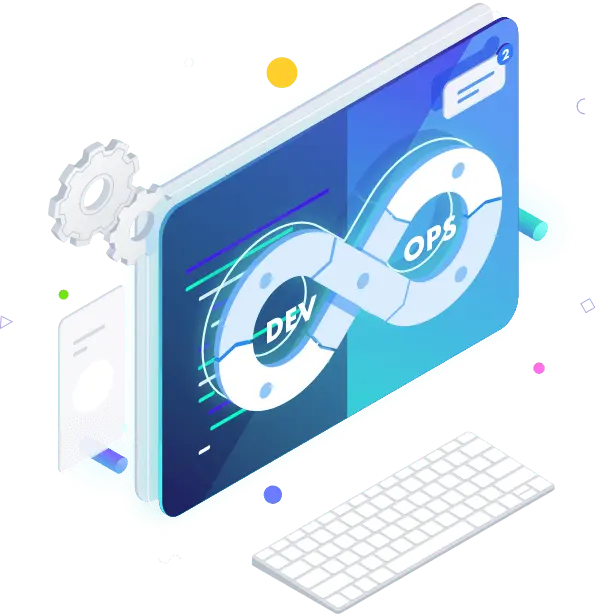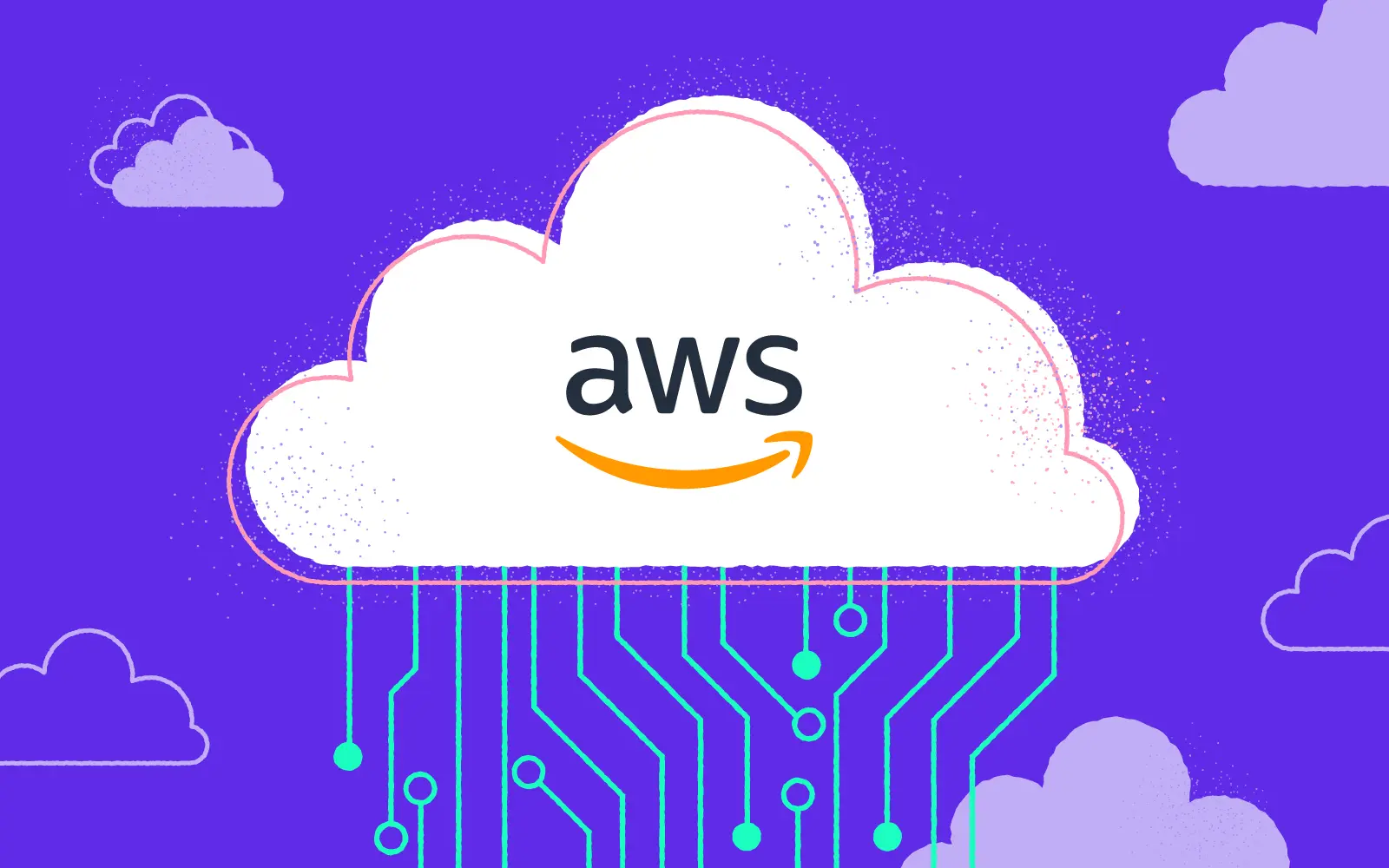Why a DevOps culture can benefit your product process
DevOps is not a service or a role. It is a working culture, in which Development and Operations teams cooperate closely. There are many benefits to deploying DevOps practices in your company.
1. Quicker deployment of new systems and apps
DevOps eliminates time-consuming tasks from the software development process. Previously, a developer could only deploy code to the software when the operations team tests the product. Now, with the automated testing of websites and apps, developers get instant feedback and continuous integration, which allows them to make code changes much more quickly.
2. Automation leading to cost savings
Because DevOps automates repetitive tasks and thus helps to eliminate bugs and errors, businesses can make significant savings. As Information Age reports, the use of DevOps slashed the release costs of one application by 97%, largely through the automation of significant parts of the process and through becoming less reliant on human testers.































